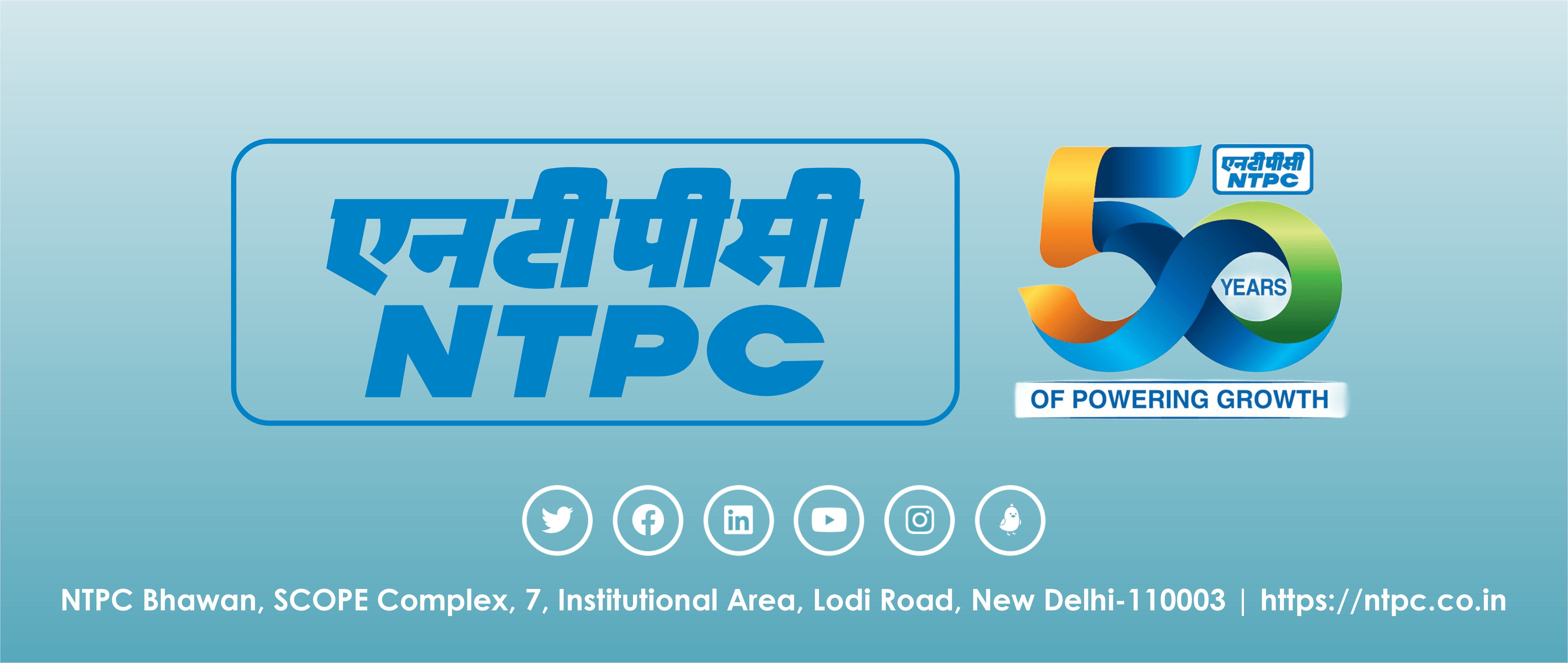TO RECIEVE EXCLUSIVE POSTS AND NEWS
Prime Minister Narendra Modi has
dared to warn the country of the dangers of population explosion. From the
ramparts of the Red Fort, in his I-Day address, he advised the families to keep
their size small in their own larger interests of happiness and prosperity. It
was a daring move because no PM much less other political stalwarts, since the
days of the Emergency in 1975-77, has been brave enough to talk about the
necessity to contain the ever-multiplying population. And this population
growth has ensured that there is no demographic dividend but only a
redistribution of poverty. Â In March 2018, minister of state
(health and family welfare) Anupriya Patel told the Rajya Sabha the country's
population growth was undermining the government's efforts at providing
healthcare, employment, and social security. She added the government has
initiated several schemes including the Mission Parivar Vikas to facilitate
easy access to contraceptives and Family Planning services in 146 high
fertility districts. She pointed out that new contraceptive choices such as
injectable contraceptives and progesterone-only-pills (POP) were also
introduced. Â Clearly, these measures have not
succeeded because of the social and political mindsets created over the years. Â The United Nation's World
Population Prospect 2017 had forecast that India's population may leave China's
behind by 2024 and by 2030 hit the 1.5 billion mark. According to the census data,
although the decadal growth rate decelerated from 21.15% in 2001 to 17.64% in
2011 and the crude birth rate (CBR) from 23.1 to 19, the population
acceleration rate continues to threaten the social and economic stability of
the country. Â The continued acceleration in
population rate means that even if the country becomes a $5 trillion economy by
2025 and $10 trillion by 2030, per capita income would still be far short of
developed nations of the world. Â So the continued population growth
rate doesn't in any way translate into demographic dividend but it will surely
ensure social and economic implosion besides natural catastrophe. Â One could see the signs
everywhere: multiplication of shanties in urban areas, degradation of natural
rural habitat, rising pressure on food and fuels production, depletion of water
resources in several areas. In fact, we are too many living on
a small plot of land called India. So the PM"s call for family planning is
apt and well-timed. Â As to the criticism of MP Asaududdin
Owaisi's criticism of the PM's advice on family planning, it may be argued that
if large families are an advantage, why the hell on earth did the MIM leader
limit his family to two children. Apparently, the MIM leader has been playing
to the galley and to keep his constituency ever backward, he thinks the PM's
advice was 'intrusive'. Â Owaisi might be a lone wolf
opposed to the idea of containing the country's population. Even the rabid
anti-Modite like P Chidambaram has come out unhesitatingly in support of the
PM's initiative on population control. Â Overall, the reality is that
almost 80 percent of India has realized the benefits of smaller families and
it's only the bottom 20 percent that has been profligating its population and
neutralizing the gains of India's impressive GDP growth of over 6.5 percent a
year. (BY M K Shukla & Rakesh Ranjan)
Readers' Choice
RK Sharma takes charge as DGP 03 Jul 2025
Bihar’s Revenue Secretary may resign to contest Assembly election 03 Jul 2025
R K Sharma is the new Rajasthan DGP 30 Jun 2025
Centre swings surprise, Gujarat DGP gets extension in service 30 Jun 2025
Tenure of Chhattisgarh Chief Secretary extended 30 Jun 2025
PM's population control advice reflects people's choice
By IndianMandarins - 2019-08-17 13:23:14

Prime Minister Narendra Modi has
dared to warn the country of the dangers of population explosion. From the
ramparts of the Red Fort, in his I-Day address, he advised the families to keep
their size small in their own larger interests of happiness and prosperity. It
was a daring move because no PM much less other political stalwarts, since the
days of the Emergency in 1975-77, has been brave enough to talk about the
necessity to contain the ever-multiplying population. And this population
growth has ensured that there is no demographic dividend but only a
redistribution of poverty.
Â
In March 2018, minister of state (health and family welfare) Anupriya Patel told the Rajya Sabha the country's population growth was undermining the government's efforts at providing healthcare, employment, and social security. She added the government has initiated several schemes including the Mission Parivar Vikas to facilitate easy access to contraceptives and Family Planning services in 146 high fertility districts. She pointed out that new contraceptive choices such as injectable contraceptives and progesterone-only-pills (POP) were also introduced.
Â
Clearly, these measures have not succeeded because of the social and political mindsets created over the years.
Â
The United Nation's World Population Prospect 2017 had forecast that India's population may leave China's behind by 2024 and by 2030 hit the 1.5 billion mark.
According to the census data, although the decadal growth rate decelerated from 21.15% in 2001 to 17.64% in 2011 and the crude birth rate (CBR) from 23.1 to 19, the population acceleration rate continues to threaten the social and economic stability of the country.
Â
The continued acceleration in population rate means that even if the country becomes a $5 trillion economy by 2025 and $10 trillion by 2030, per capita income would still be far short of developed nations of the world.
Â
So the continued population growth rate doesn't in any way translate into demographic dividend but it will surely ensure social and economic implosion besides natural catastrophe.
Â
One could see the signs everywhere: multiplication of shanties in urban areas, degradation of natural rural habitat, rising pressure on food and fuels production, depletion of water resources in several areas.
In fact, we are too many living on a small plot of land called India. So the PM"s call for family planning is apt and well-timed.
Â
As to the criticism of MP Asaududdin Owaisi's criticism of the PM's advice on family planning, it may be argued that if large families are an advantage, why the hell on earth did the MIM leader limit his family to two children. Apparently, the MIM leader has been playing to the galley and to keep his constituency ever backward, he thinks the PM's advice was 'intrusive'.
Â
Owaisi might be a lone wolf opposed to the idea of containing the country's population. Even the rabid anti-Modite like P Chidambaram has come out unhesitatingly in support of the PM's initiative on population control.
Â
Overall, the reality is that almost 80 percent of India has realized the benefits of smaller families and it's only the bottom 20 percent that has been profligating its population and neutralizing the gains of India's impressive GDP growth of over 6.5 percent a year.
(BY M K Shukla & Rakesh Ranjan)























